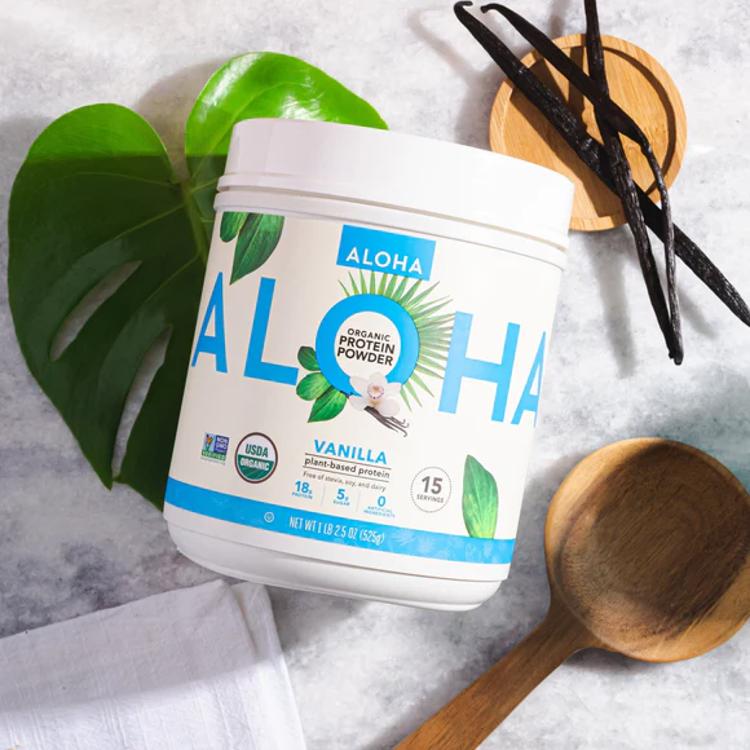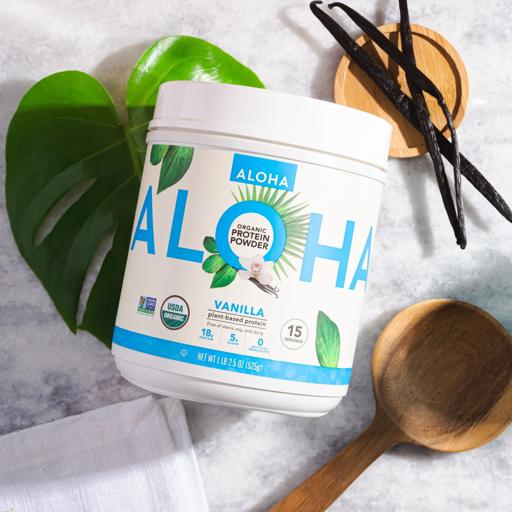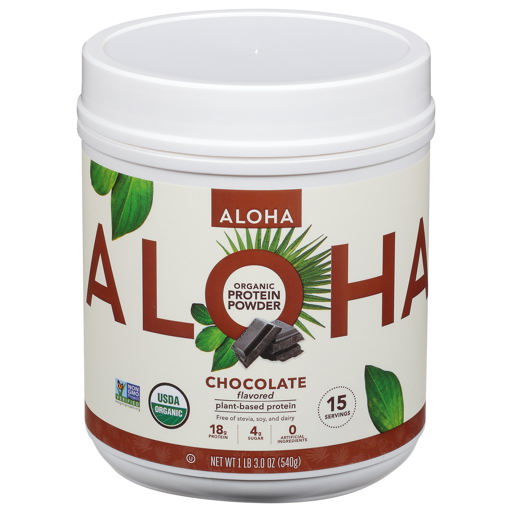What Are Protein Powders
Protein powders are dietary supplements designed to help people increase their protein intake. They can play a crucial role in muscle repair, enzyme and hormone production, and other vital bodily functions. Typically, they’re derived from plant or animal products and may include additional ingredients like vitamins, minerals, and fiber for enhanced nutritional value.
Types of Protein Powders

There is a diverse range of protein powders available on the market, each with distinct sources and benefits:
- Whey Protein: Made from dairy, it contains all essential amino acids and is quickly absorbed by the body. It’s often favored by those looking to build muscle mass.
- Casein Protein: This is also derived from dairy and digests more slowly than whey, making it ideal as a meal replacement or before bed to aid muscle recovery.
- Soy Protein: A popular plant-based option that contains all the essential amino acids. It's suitable for vegetarians and those with dairy allergies.
- Pea Protein: Another plant-based protein that is rich in key amino acids like arginine, often chosen by vegans and individuals with allergies or intolerances to dairy or soy.
- Hemp Protein: Sourced from hemp seeds, this protein is rich in omega-3 and omega-6 fatty acids and is a great option for those following a plant-based diet.
- Rice Protein: While not a complete protein on its own, rice protein is often combined with other plant proteins to deliver a full amino acid profile.
- Mixed Plant Proteins: These are a blend of various plant sources to ensure a complete amino acid profile. With 18g of protein sourced from organic pea, brown rice, pumpkin seed, and hemp seed proteins, ALOHA's protein powders may just fit the bill if you're looking to enhance your daily protine intake. Our powders are available in chocolate and vanilla flavors, designed not only to support muscle maintenance and recovery but also to provide a comprehensive approach to well-being.
How to Choose the Right Protein Powder for You

Selecting the appropriate protein powder requires considering individual dietary needs, health goals, and personal preferences:
- Dietary Restrictions: Identify any allergies or intolerances, and choose a protein powder that complies, such as plant-based options for lactose intolerance or vegan diets.
- Health Goals: Decide if the goal is muscle gain, boosting energy, weight loss, meal supplementation, or overall health. For muscle gain, look for powders with a higher concentration of protein.
- Nutritional Content: Examine the additional nutritional benefits of the powder, including fiber content and the presence of added vitamins and minerals.
- Taste and Texture: Consider the taste preferences and whether you enjoy a smooth or more textured shake. Flavor options and the consistency when mixed can greatly affect enjoyment.
- Certifications: Look for protein powders that meet quality standards, such as USDA Organic, Non-GMO Project Verified, Certified Vegan, and, in the case of ALOHA's powders, Fair Trade Certified. ALOHA's powders not only provide a strong protein profile but also prioritize the use of quality, ethical, and sustainably sourced ingredients.
Protein Powder FAQs

What exactly are protein powders?
Protein powders are concentrated sources of protein typically derived from animal or plant foods, such as dairy, eggs, rice, or peas. They are often used to supplement protein intake and support various health and fitness goals, including muscle building, weight loss, and nutritional support for those with higher protein requirements.
How do protein powders work in the body?
Protein powders provide the body with amino acids, which are the building blocks of proteins. These amino acids contribute to muscle repair and growth, enzyme and hormone production, and other vital physiological processes. When ingested, the proteins in the powders are digested and absorbed by the body to be utilized wherever needed.
Can protein powder replace meals?
While protein powders can supplement a meal or serve as a high-protein snack, they are not designed to completely replace whole foods. Meals provide a broader array of nutrients including fibers, vitamins, and minerals that protein powders may lack.
Who should consider using protein powders?
Individuals who might consider using protein powders include those with increased protein requirements such as athletes, those looking to build muscle, people attempting to lose weight while maintaining muscle mass, vegetarians or vegans who might struggle to get enough protein, and the elderly who need to preserve muscle strength.
How much protein powder should I use in a day?
The amount of protein powder one should use in a day depends on individual dietary needs, overall protein goals, and the protein content of their regular diet. It is generally recommended to follow the serving instructions on the protein powder package and consult with a healthcare professional or dietitian for personalized advice.
Are there any side effects of using protein powders?
Excessive intake of protein powders may lead to side effects such as digestive discomfort, bloating, and potential strain on the kidneys over time. It's important to use protein powder as directed and ensure that your total daily protein intake is appropriate for your body and activity level.
Can I use protein powders if I have dietary restrictions?
Yes, there are protein powder options available for almost every dietary restriction, including lactose-free, gluten-free, soy-free, and vegan powders. It's important to read labels carefully to ensure the product meets your dietary needs.
How should I incorporate protein powder into my diet?
You can incorporate protein powder into your diet by adding it to shakes, smoothies, oatmeal, or baking recipes. It's a versatile ingredient that can be used to increase the protein content of meals and snacks throughout the day.
Does the timing of taking protein powder matter?
While the body can utilize protein throughout the day, there may be specific benefits to timing your intake around workouts. Consuming protein shortly after exercise can aid in muscle recovery and growth.
What's the difference between plant-based and animal-based protein powders?
Plant-based protein powders are derived from sources such as peas, rice, and hemp, and are typically suitable for vegetarians and vegans. Animal-based protein powders, like whey and casein, are derived from dairy products and often contain all the essential amino acids needed for muscle growth and recovery.
Can protein powder help with weight loss?
Protein powder can be an effective tool for weight loss as it can help you feel full and satisfied, which may lead to reduced calorie intake. Additionally, maintaining a high-protein diet can aid in preserving lean muscle mass during weight loss.


